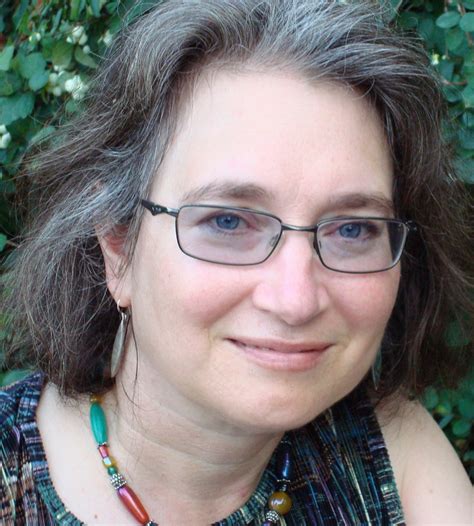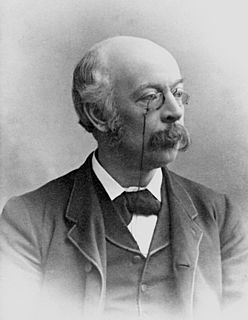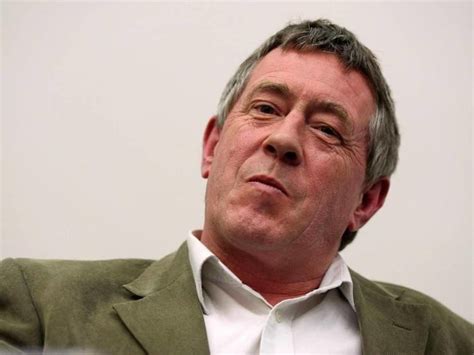Цитата Дайаны Вакоски
Я передаю традицию, частью которой являюсь. Есть длинная череда поэтов, которые шли до меня, и я еще один, и я надеюсь передать это другим более молодым или новым поэтам, чем я.
Связанные цитаты
Мне нравится, как поэты формируют сообщества. В конце концов, писать может быть одиноко. Современная жизнь может быть одинокой. Поэты кажутся более общительными, чем писатели-беллетристы. Это может быть связано с тем, что поэзия уходит корнями в устную традицию - стихи читают вслух и даже исполняют. Я только предполагаю, конечно. Во всяком случае, поскольку поэты образуют эти группы, они учатся друг у друга. Это одна из лучших вещей в том, чтобы быть поэтом.
Что касается того, что я сделал как поэт, то я ничем не горжусь. Прекрасные поэты жили одновременно со мной, до меня жили еще более превосходные поэты, а после меня придут другие. Но что в моей стране я единственный человек, знающий истину в трудной науке о красках, — этим, говорю я, я немало горжусь и здесь имею сознание превосходства над многими.
Одним из самых надежных критериев превосходства или неполноценности поэта является то, как поэт заимствует. Незрелые поэты подражают зрелым поэтам, воруют, плохие поэты портят то, что берут, а хорошие поэты превращают это во что-то лучшее или, по крайней мере, во что-то другое. Хороший поэт спаивает свою кражу в единое чувство, совершенно отличное от того, из которого оно вырвано, плохой поэт бросает его во что-то несвязное. Хороший поэт обычно заимствует у авторов, далеких по времени, чуждых по языку или разных по интересам.
Почти все мужчины и женщины в той или иной степени поэтичны, но очень немногих можно назвать поэтами. Есть великие поэты, маленькие поэты, мужчины и женщины, сочиняющие стихи. Но не все поэты и даже не хорошие стихотворцы. Поэтов много, а настоящих поэтов мало. Образование не может сделать поэта, хотя оно может отшлифовать и развить его.
Платон сказал, что поэты должны быть исключены из идеальной республики, потому что они такие лжецы. Я поэт, и я утверждаю, что это правда. Ни о каком предмете поэты не склонны лгать так много, как о своей собственной жизни; Я знаю одного из них, выпустившего не менее пяти версий своей автобиографии, и ни одна из них не соответствует действительности. Я, конечно, тоже романист и гораздо более правдивый человек. Но раз поэты лгут, как ты можешь мне верить?
Наибольшее поэтическое влияние на меня, вероятно, оказали британские и ирландские поэты 20-го века. Поэтому я полагаю, что всегда слушаю музыку, которая ассоциируется у меня с этой поэзией, говорящими образами, краткостью. Я хочу слышать это в своих работах, а также в стихах, которые читаю. Однако я думаю, что в целом я более снисходителен к другим поэтам, чем к себе.





































